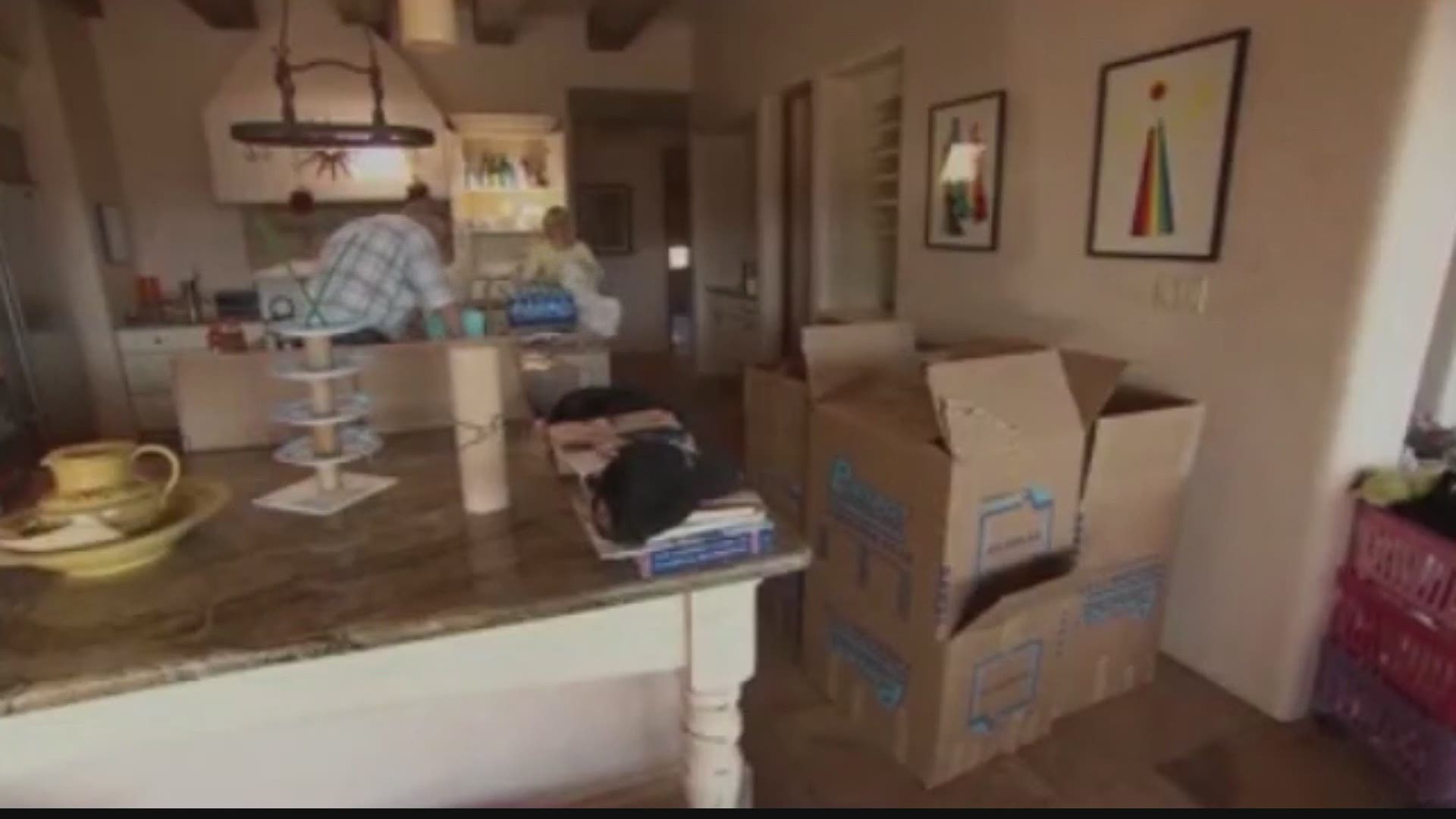HUNTSVILLE, Ala — Whether it’s physical or mental, one in four adults in the U.S. have some form of disability.
For people with developmental disabilities, and who have special needs, the changes of the pandemic can be just as overwhelming as it is for anyone else. But, coping with the changes can prove to be a big hurdle.
Our team dives into these challenges in this week’s 'Mental Health Monday'.
Andrea Williams, the Executive Director of 305 8th Street says, “We have had a couple of E.R. visits.”
305 8th Street is a home for adults with special needs in Huntsville. Williams says the pandemic has brought some challenges for residents. She says, “Seasonal depression is prevalent in the winter time, and with the pandemic on top of it, we had an increase in depression among our residents. Not knowing how long this is going to be. ‘When is this going to end were common questions.” She adds, “We have had residents who have continued tele-visits with their therapists and their psychiatrists.”
Monretta Vega, a psychotherapist and counselor with Huntsville Psychotherapy and Counseling Services, says, “During the time of COVID, for a person with special needs or dealing with a mental illness or learning disability, this is intensified. Because, they actually thrive off of routine… On top of feeling anxious or depressed, they’ve lost the one thing that was stable, which is their consistent routine.”
Vega has worked with adults with special needs, people developmental disabilities and who are on the autism spectrum. She says her clients have the same needs and worries as many other adults during the pandemic. She adds, "The conversations in sessions are very similar.”
Licensed Professional Counselor, James Desta, agrees. He mostly works with kids with special needs, who’ve also been struggling. Desta says, “First, there was a lot of outright dismissal. Like, ‘I don’t care what they tell me, I’m going to keep living my life’. Then there was a lot of fear… Sadness, because people weren’t getting to see their friends. Anger again like ‘Why is this happening to me’?”
These frustrations can lead to outbursts. “If your kid is yelling at you, they probably feel a lack of personal power. The temptation is to address the anger. But, what if we dive into ‘What is making them feel so powerless right now and how do we reach that need’?”
Vega says she advises her clients to focus on 2-6 things they can control in their day and execute how they want whether it’s what time you eat or going for a walk. Monretta Vega says, “Take it one day at a time. Control what you can. Have some structure. And make sure we have some outlets and ways to release.”

